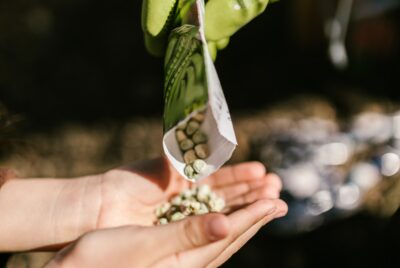RESEARCH
Design Indicators Based on Nature and Social Interactions to Enhance Wellness for Patients in Healthcare Facilities
Summary
This paper explores how healthcare facility design can enhance patient wellness by integrating natural elements and fostering social interactions. The authors review existing research and analyze case studies to identify design indicators that promote faster recovery, reduced stress, and improved well-being. Key findings highlight the importance of access to natural light, views of greenery, therapeutic gardens, and spaces for social support. For example, exposure to daylight has been shown to improve mood, reduce hospitalization time, and alleviate feelings of isolation. Similarly, gardens and nature-inspired interiors provide calming effects, encourage physical activity, and offer opportunities for patients and staff to relax and connect with others. Social interaction spaces such as lounges and family-friendly areas also play a critical role in supporting emotional health.
The paper concludes with recommendations for healthcare facilities to adopt biophilic design principles that prioritize connections to nature and social interaction. These include optimizing building orientation for natural light, incorporating therapeutic gardens, and creating spaces that encourage social engagement among patients, families, and staff. The authors argue that these design strategies not only improve patient outcomes but also enhance the overall functionality of healthcare environments. Future research is suggested to refine these indicators further and explore their long-term impacts on health and recovery.







